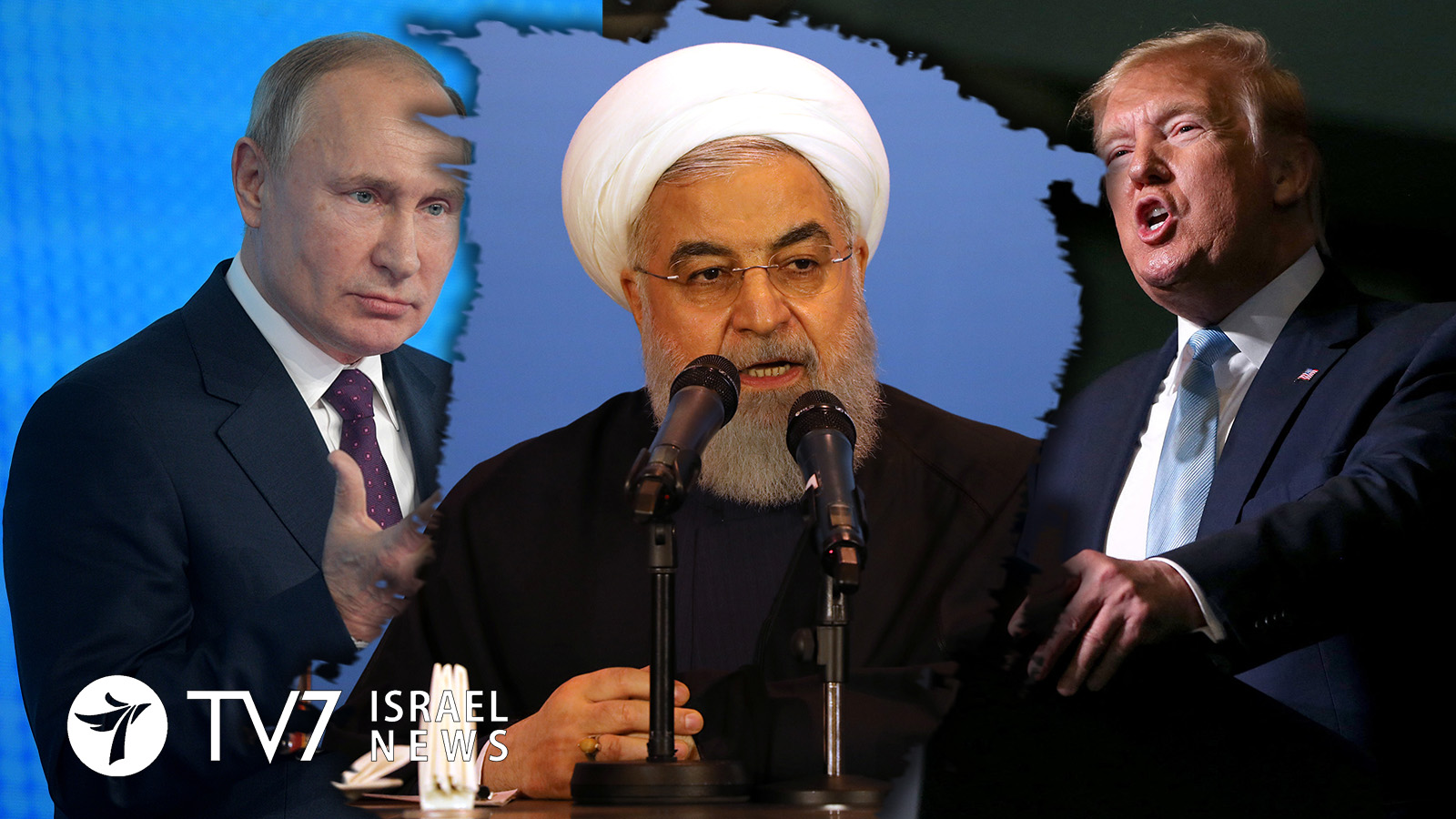The 75th annual opening of the United Nations General Assembly (UNGA) is being held virtually this year due to the coronavirus pandemic.
World leaders sparred over national interests and incidence of international intervention.
Turkish President Recep Tayyip Erdoğan used his address to defend his country’s involvement in Libya. “Turkey has been the only country to give a concrete response and provide support to the call for help of the legitimate Government of Libya,” he asserted, saying that Ankara believes that a “permanent political solution in Libya can be established through an inclusive and comprehensive dialogue conducted by the Libyans.”
Turkey’s main regional rival, Egyptian President Abdel Fattah al-Sisi, responded by condemning inaction by the international community ’s inaction regarding Libya; while further vowing to end Ankara’s aim of turning Libya into a vessel state. “The ramifications of the ongoing crisis are not only confined to Libya but also spill over to affect security in neighboring countries and international stability. Egypt is bent on supporting Libyans to rid their country of armed militias and terrorist organizations and put an end to the blatant interference of some regional parties (refers to Turkey) that deliberately transported foreign fighters to Libya in an effort to fulfill their well-known greed and long-standing colonial illusions,” he said.
In apparent support of Cairo’s position, French President Emmanuel Macron declared the need to speak up for Libya and its neighbors to negotiate a political solution. “Collectively, we have been too silent about these actions and we need to speak up much more in the coming weeks. We’re working together with our partners in the neighboring countries of Libya in order to obtain a lasting ceasefire and then to start a process which will allow for the peaceful resolution of conflict under the auspices the United Nations,” said the French leader, adding that it is his nation’s “initiative to lead in coming weeks to work with the Secretary General of the United Nations, to bring together all the neighboring countries of Libya. This recommitment of the neighboring countries is necessary.”
French President Macron also addressed the tensions between Turkey and Europe over the maritime dispute in the Eastern Mediterranean. “We respect Turkey. We are ready for dialogue with her – but we expect her to respect European sovereignty, international law, and to provide clarification about her action in Libya and in Syria,” he insisted.
And while Paris, London and Berlin continue to reject Washington’s approach toward Tehran, President Macron highlighted the need to hold Iran accountable for its breaches of the Joint Comprehensive Plan of Action nuclear deal. “The strategy of ‘maximum pressure’ brought to bear over recent years has not made it possible to put an end to the destabilizing activities of Iran, and that’s why France – who as you will recall is not the country that started the negotiations that led to the JCPOA agreement – but France and it’s partners, German and British partners, will maintain its requirement that the agreement be fully implemented as well as the Vienna 2015 agreement and will not accept Iran’s breaches of this agreement,” said Macron.
Iranian President Hassan Rouhani, for his part, seized the international platform as an opportunity to portray the Islamic Republic as a victim of American bullying. “All of us across the globe are experiencing difficult times during the pandemic. However, my nation, the resilient people of Iran, instead of enjoying global partnership and cooperation, is grappling with the harshest sanctions in history imposed in blatant and gross violation of the Charter of the United Nations, international agreements and Security Council resolution 2231,” he claimed.
